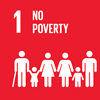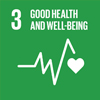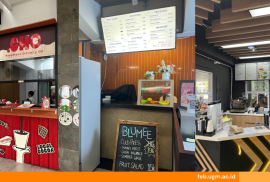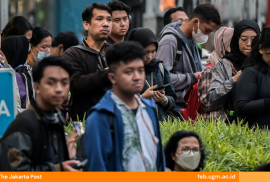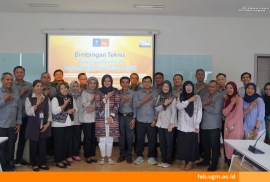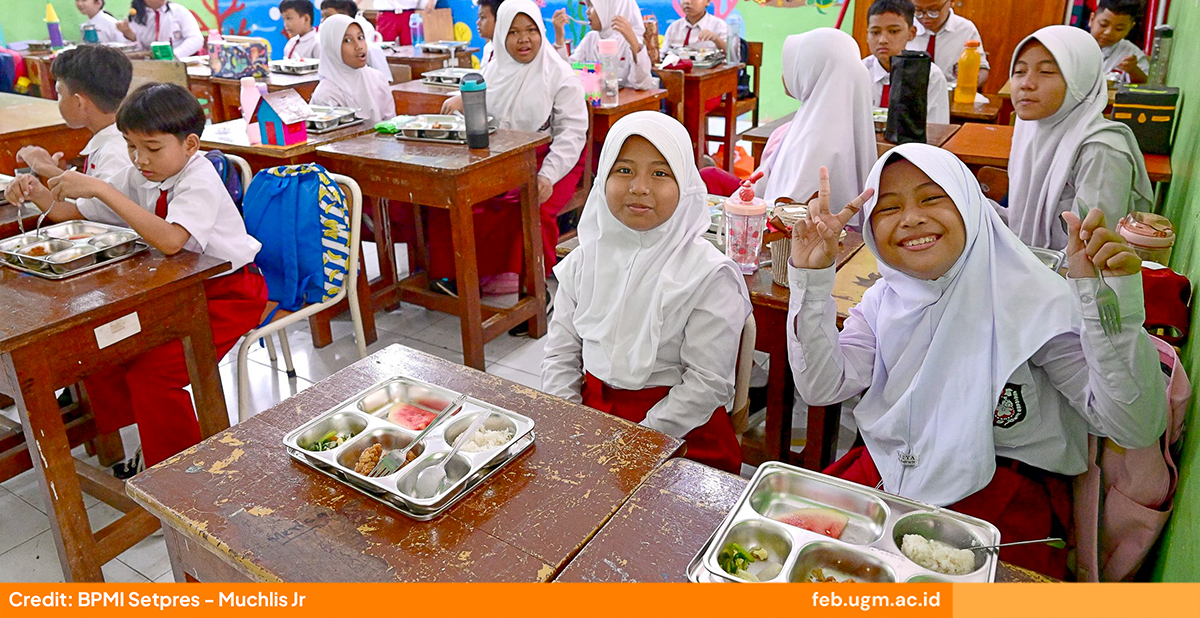
The Indonesian government’s Free Nutritious Meal Program (MGB) has sparked both support and criticism. With an initial budget allocation of Rp71 trillion—expected to increase—the policy has raised concerns about potential budget reductions in other crucial sectors, including education and healthcare. The key question remains: will this program yield tangible benefits, or will it become a financial burden on the national budget?
Wisnu Setiadi Nugroho, S.E., M.Sc., M.A., Ph.D., Coordinator of Poverty and Inequality Alleviation Studies (EQUITAS) at FEB UGM, believes that the program could deliver significant benefits if effectively targeted, particularly toward vulnerable groups. He emphasized that the MGB initiative has the potential to enhance human capital through improved nutrition and child health. A 2023 study published in the Journal of the Academy of Nutrition and Dietetics found that children receiving free meals exhibited higher food security and better overall health. Additionally, a 2021 report by the Brookings Institution highlighted that free meal programs positively impact students’ academic performance.
In the long run, the program could also contribute to higher labor productivity. However, Wisnu cautioned that its effectiveness in addressing stunting requires further study.
“Stunting prevention must begin at an early stage, particularly before the age of five, which is considered the golden period for child development,” he explained.
Despite its potential advantages, the MGB program faces several critical challenges, particularly in food distribution and procurement. Wisnu noted that as a nationwide initiative, it risks inefficiency due to its universal nature, potentially leading to unnecessary expenditures on children from affluent families who do not require assistance. Another major concern is ensuring the quality of meals provided, as maintaining consistent nutritional standards across all regions is a complex logistical challenge.
Learning from International Models
Wisnu highlighted that several countries have implemented similar free meal programs for schoolchildren. In the United States, for instance, free school lunches are an integral part of national policy under the Farm to Table initiative. This program, funded by the Sustainable Agriculture Research and Education (SARE) initiative, brings together farmers, ranchers, educators, and communities to develop an innovative food distribution system. It not only ensures that students receive access to nutritious local food but also strengthens regional economies by reducing logistics costs and enhancing food security.
“The program is designed to create an efficient food supply chain, ensuring that students receive healthy meals while also supporting local agricultural businesses,” Wisnu explained.
Another key initiative in the U.S. is the National School Lunch Program (NSLP), which provides nutritious meals to millions of students, particularly those from low-income backgrounds. The NSLP operates under the Healthy, Hunger-Free Kids Act (HHFKA) of 2010, which mandates the use of locally sourced food and ensures alignment with national dietary guidelines.
“The U.S. government allocates a dedicated budget to support this initiative, partnering with trusted local kitchens and food suppliers to uphold nutritional quality,” he added.
However, Wisnu cautioned that implementing a similar program in Indonesia requires careful planning to avoid unintended consequences. He stressed that overly centralized policies could disproportionately benefit large suppliers, sidelining small farmers and local micro, small, and medium enterprises (MSMEs).
Policy Alternatives
To enhance the program’s effectiveness, Wisnu suggested that the government prioritize schools and regions with the highest levels of food insecurity. Given budget constraints, the program should initially focus on assisting children from underprivileged families.
“An alternative approach could involve providing food subsidies or vouchers specifically for low-income households. Additionally, schools could receive flexible funding to manage their own meal programs while maintaining nutritional standards,” he recommended.
He also underscored the importance of transparency and accountability in budget management. One way to ensure financial efficiency is through independent audits and active public participation in monitoring program implementation.
“A decentralized approach could be more effective, as local governments have a better understanding of their communities’ needs and can collaborate with local MSMEs to supply food,” Wisnu stated.
To optimize government spending, Wisnu suggested that budget reallocations should be carefully planned to prevent negative impacts on essential sectors. Instead of cutting funding for critical programs, efficiency could be achieved by reducing bureaucratic expenses, limiting unnecessary official travel, introducing progressive taxation for high-income groups, and delaying non-urgent infrastructure projects.
Additionally, he reiterated the need for robust oversight mechanisms to ensure budget efficiency and prevent misuse. Strengthening transparency through independent audits and public involvement in monitoring could further enhance program effectiveness.
“A well-structured, decentralized approach would empower local governments to take ownership of the program while ensuring that resources are utilized effectively,” he emphasized.
Wisnu hopes that the program will serve as more than just a short-term populist measure. Instead, he envisions it as a long-term investment in human capital development backed by a sustainable and efficient funding model.
“The ultimate goal is to improve the quality of human resources, which can only be achieved through a well-designed, transparent, and sustainable program,” he concluded.
Report by: Shofi Hawa Anjani
Editor: Kurnia Ekaptiningrum
Sustainable Development Goals:

